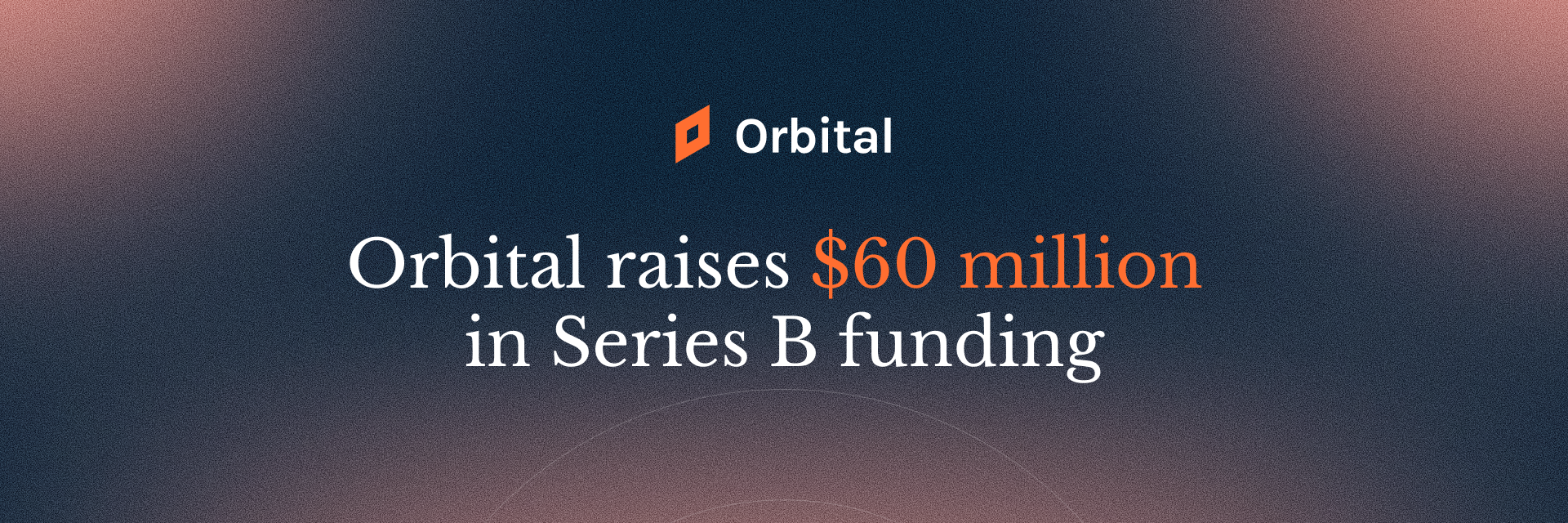Rethinking the Junior Lawyer Pathway in the Age of AI
.png)
Alexandra Lennox

As AI rapidly transforms legal real estate workflows, law firm leaders and in-house counsel are facing an increasingly urgent question: how do we continue to develop exceptional junior real estate lawyers in the age of AI?
At our inaugural Orbital Executive Forum, we brought together 20 real estate legal leaders (from Magic Circle partners to General Counsel) who shared their experiences and insight to find solutions to this question. What followed was a candid, constructive conversation about the skills real estate lawyers need, the emerging training gap and how to address it.

1. Junior lawyers are taking on more but with less experience
The foundational tasks that once defined the trainee and junior associate learning experience, such as drafting simple transaction documents, reviewing leases and producing first draft due diligence reports, are increasingly being delegated to AI.
This shift is raising the bar for juniors. They're now expected to review, validate and even explain AI-generated work, sometimes in front of clients. As one partner explained:
‘We're putting more junior colleagues in front of clients to explain their work. If they can't, they go back to learning it.’
On paper, this looks like fast-tracked development but many leaders expressed concern: are we in danger of expecting mid-level thinking from people who’ve skipped the learning curve?
One participant noted ‘an element of laziness’ could emerge if a culture of over-reliance on AI is able to flourish, not just in work ethic but in a reduction in the level of critical thinking that comes from problem-solving. Others highlighted juniors may have less opportunity to build confidence if firms compress the gradual apprenticeship, bypassing learning through repetition and making mistakes.
What became clear was that this role evolution demands more than good intentions. Firms must fundamentally rethink their training models and not expect juniors to adapt to higher expectations without corresponding support structures.

2. The legal skills required remains unchanged but the traditional training ground is vanishing
Everyone agreed that AI literacy has shifted from optional to essential. One attendee explained that some of their junior cohort ‘are getting better results than others because of how they operate the software’ and are being encouraged to teach colleagues.
AI proficiency aside, many thought that the underlying skills that separate gifted legal minds from competent ones remain largely unchanged. One leader observed his firm still prioritises curiosity, analytical thinking and good judgement:
‘I don't think the core skills we look for today are that different from what executing with AI requires’.
What’s changed is how and where these skills are applied. Where junior lawyers once applied their skills directly to document drafting and review, they must now use the same skills to direct AI systems and evaluate its output.
Here, lies the challenge. Juniors have traditionally developed their legal skills through deliberate applied practice on a variety of matters, mistakes made and lessons learnt and with the help of a supervisor or mentor who provides feedback and careful instruction. As one senior legal professional put it ‘the apprenticeship model of investing time in a junior in exchange for help becomes much narrower as AI is doing the work.’

3. Closing the training gap requires intentional design
Without the scaffolding of apprenticeship, juniors may miss the foundational experiences that build real competence. The skills that have become more important than ever in an AI-enhanced environment are simultaneously becoming harder to acquire. If AI is eating the training ground, firms need to build new ones.
Ideas that gained traction in the room included:
- 🟠 Mandatory manual runs of tasks before AI is introduced.
- 🟠 Structured sandboxes or simulations where juniors can safely practice complex scenarios and evaluate AI outputs.
An area of growing importance was creating opportunities for more sharing of human insight, knowledge and feedback.
- 🟠 More partner time - formal and informal - guiding juniors through the ‘why’, not just the ‘what’
- 🟠 'Show and tell’ meeting - focused exchanges where ongoing and recent transactions are discussed, reasoning processes are dissected and judgment calls examined
- 🟠 Client secondments - a potential pathway for providing more real-world exposure that technology cannot replicate
- 🟠 Reverse mentorship - harness juniors’ AI fluency for firm-wide learning as technology advances
Underlying this was an appreciation that this challenge also presents an opportunity to improve juniors' experience of work. Never before had junior training and mentoring been given such focus. Partners discussed the importance of building confidence amongst junior lawyers - their work can be very challenging and it's easy for doubt to creep in. There is an opportunity for AI to support their development rather than intimidate or replace them.
Final Thought: this is a collective challenge and a shared opportunity
There’s no playbook for this moment of industry-wide transformation at all levels, but what emerged at our first Orbital Executive Forum is a clear willingness to confront the challenge of nurturing junior talent and to learn from one another as progress is made.
By reimagining how the legal profession trains, mentors, and empowers junior lawyers, real estate legal teams have a chance to not just adapt but to thrive.
We’ll be sharing more insights from the Orbital Executive Forum in the coming months.

About the Orbital Executive Forum
The Orbital Executive Forum brings together senior leadership in real estate practices within law firms and corporations.
Its aim is to foster open and collaborative dialogue on some of the most pressing opportunities and challenges relating to AI in real estate legal services.
The emphasis is on shared learning, peer-to-peer exchange and diverse viewpoints. Everyone is encouraged to contribute, ask questions and share real-world experiences.
If you would like to be part of the next Forum, please contact alex.lennox@orbital.tech.
.png)
Alexandra Lennox
Book a demo for your firm
.svg)


